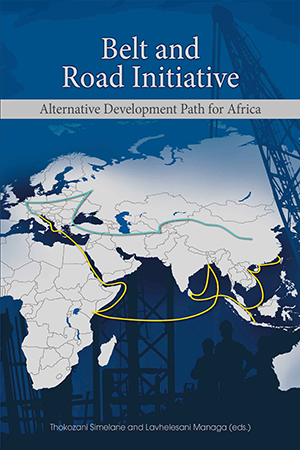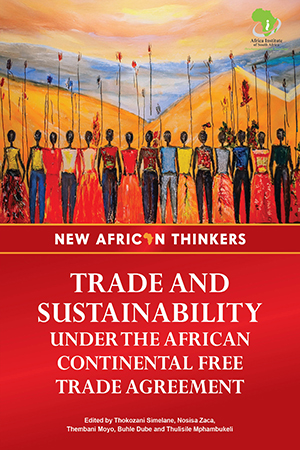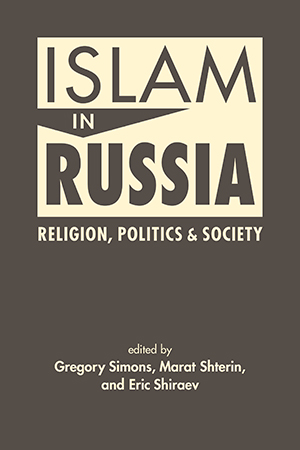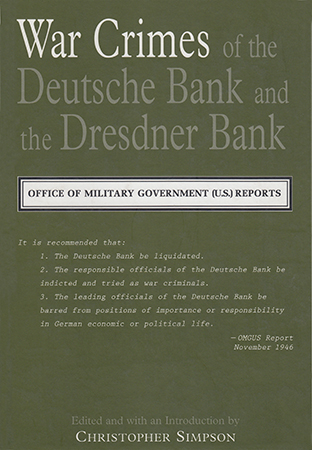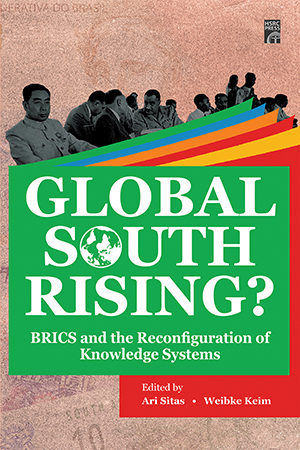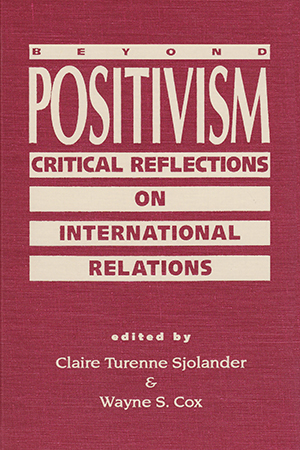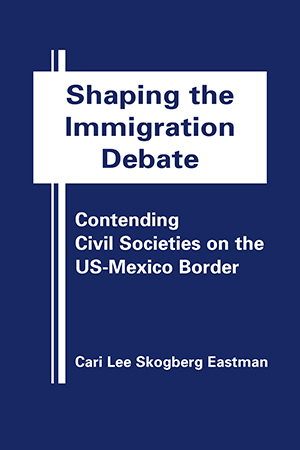BOOKS
At the heart of China's Belt and Road Initiative lies the creation of not only an economic land belt linking countries on the original Silk Road through Central Asia, the Middle East, More >
Emerging scholars from across Africa ask critical questions about the African Continental Free Trade Agreement (AfCFTA). For example: How can AfCFTA move beyond rhetoric to boost More >
Simms explores the methodological and theoretical problems faced by creative writers in the Pacific, perceptively discussing not only the native author’s dilemma in expressing ideas More >
This ambitious work presents biographical entries for nearly 500 of the leading Oceanic writers, as well as references to approximately 2,000 authors and 10,000 novels, anthologies, memoirs, More >
Russia's Muslims, numbering some 15 million, constitute far from a homogeneous sociopolitical group. So ... What does it mean to be a Muslim in Russia today? How is the image of More >
In 1946-1947 the Finance Division of the Office of Military Government (OMGUS) recommended that Deutsche Bank and Dresdner Bank leaders be tried as war criminals and barred from ever More >
Global South Rising? addresses a provocative question: Can BRICS reshape global knowledge hierarchies? The contributors examine the BRICS' rise in the context of its ambition to More >
Tendayi Sithole shows just how original and radical Steve Biko's (1946–1977) thinking really was. Sithole's Black Critique approach highlights how Biko's work tears More >
The metatheoretical debates between positivists and postpositivists that characterized the development of IR theory during the 1980s left at least one major question unanswered: what does More >
Stories of interactions between unauthorized immigrants crossing the border into Arizona and the US citizens they encounter have made headlines not only in areas adjacent to the border, but More >



